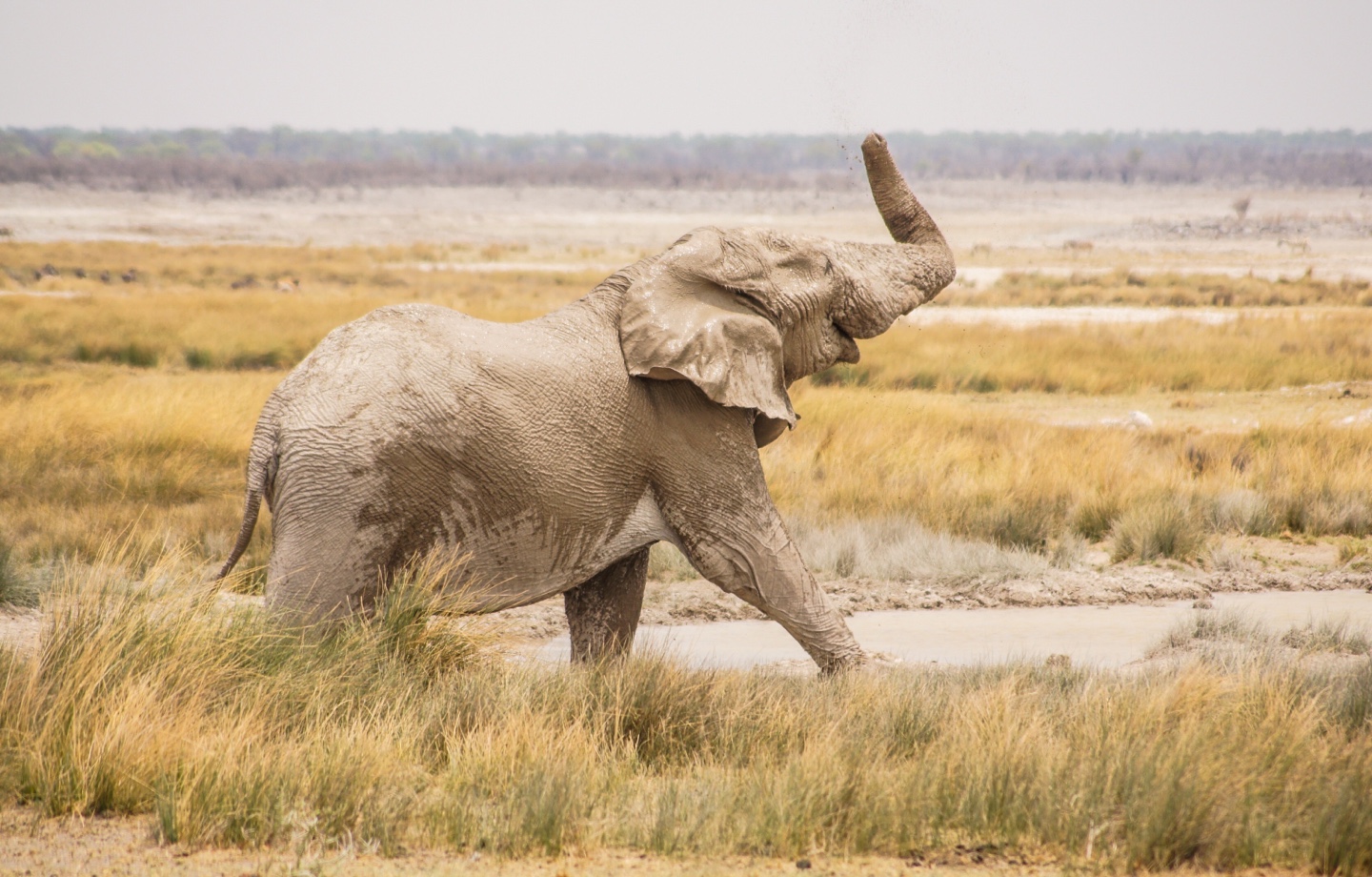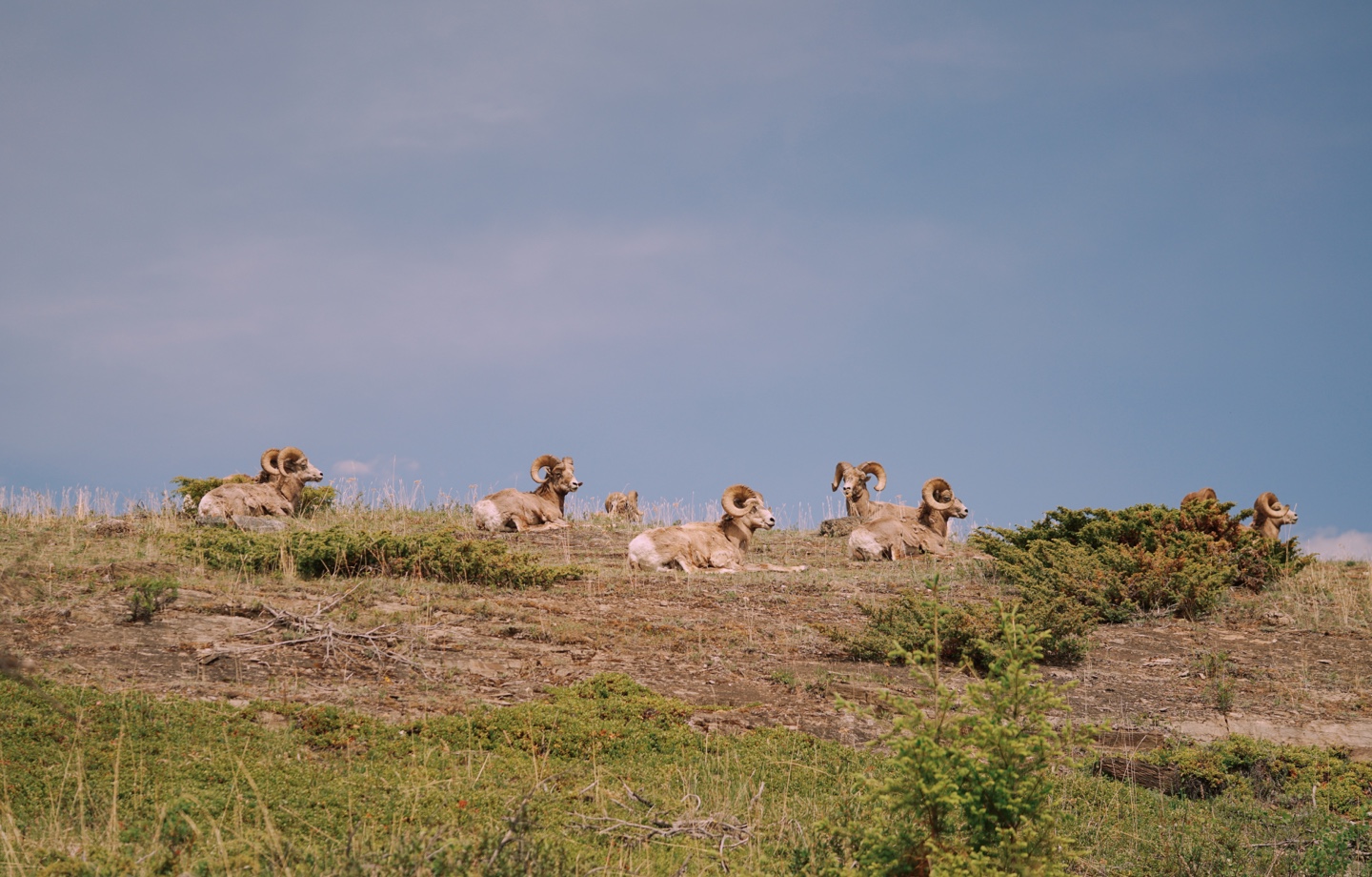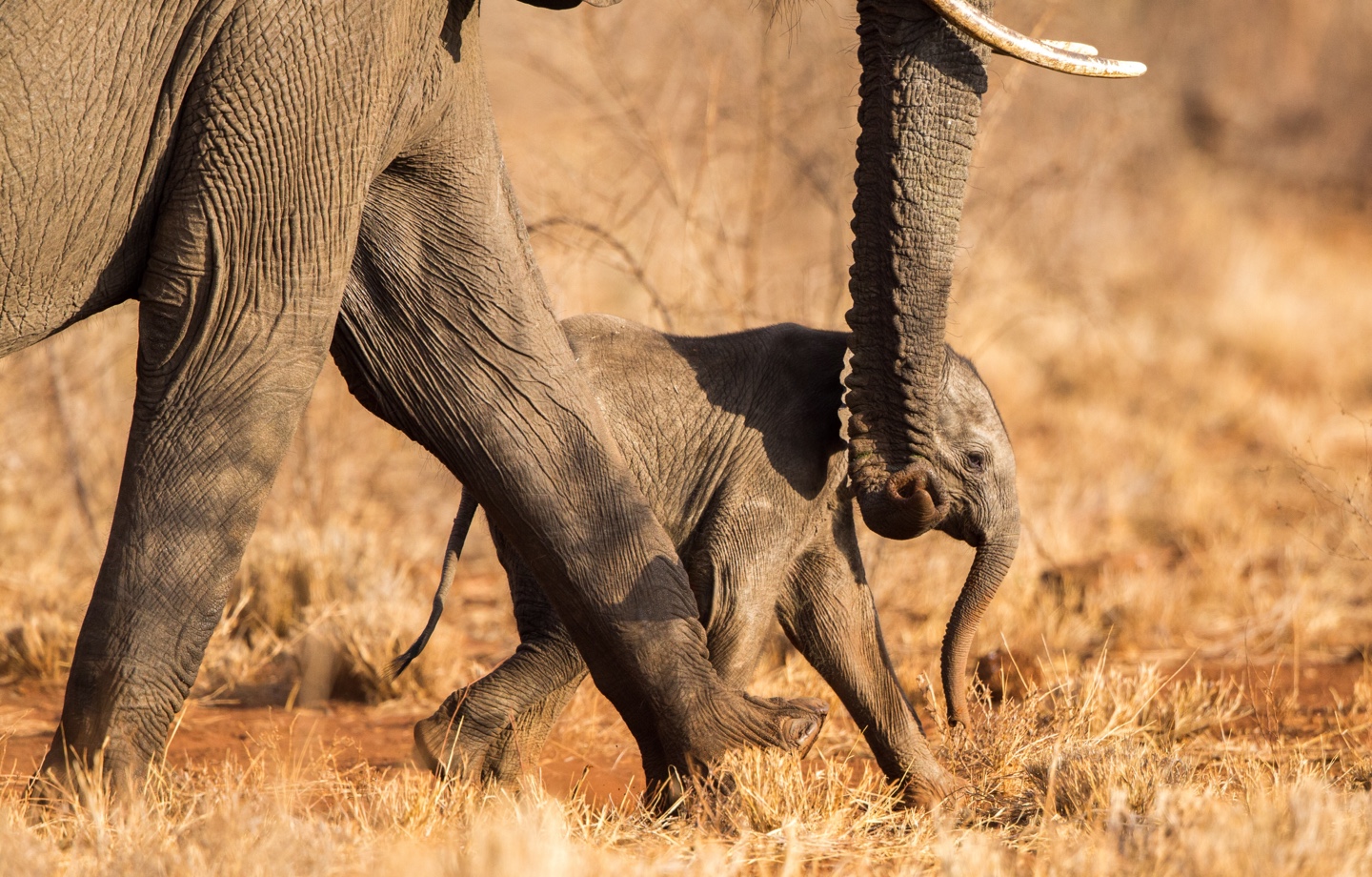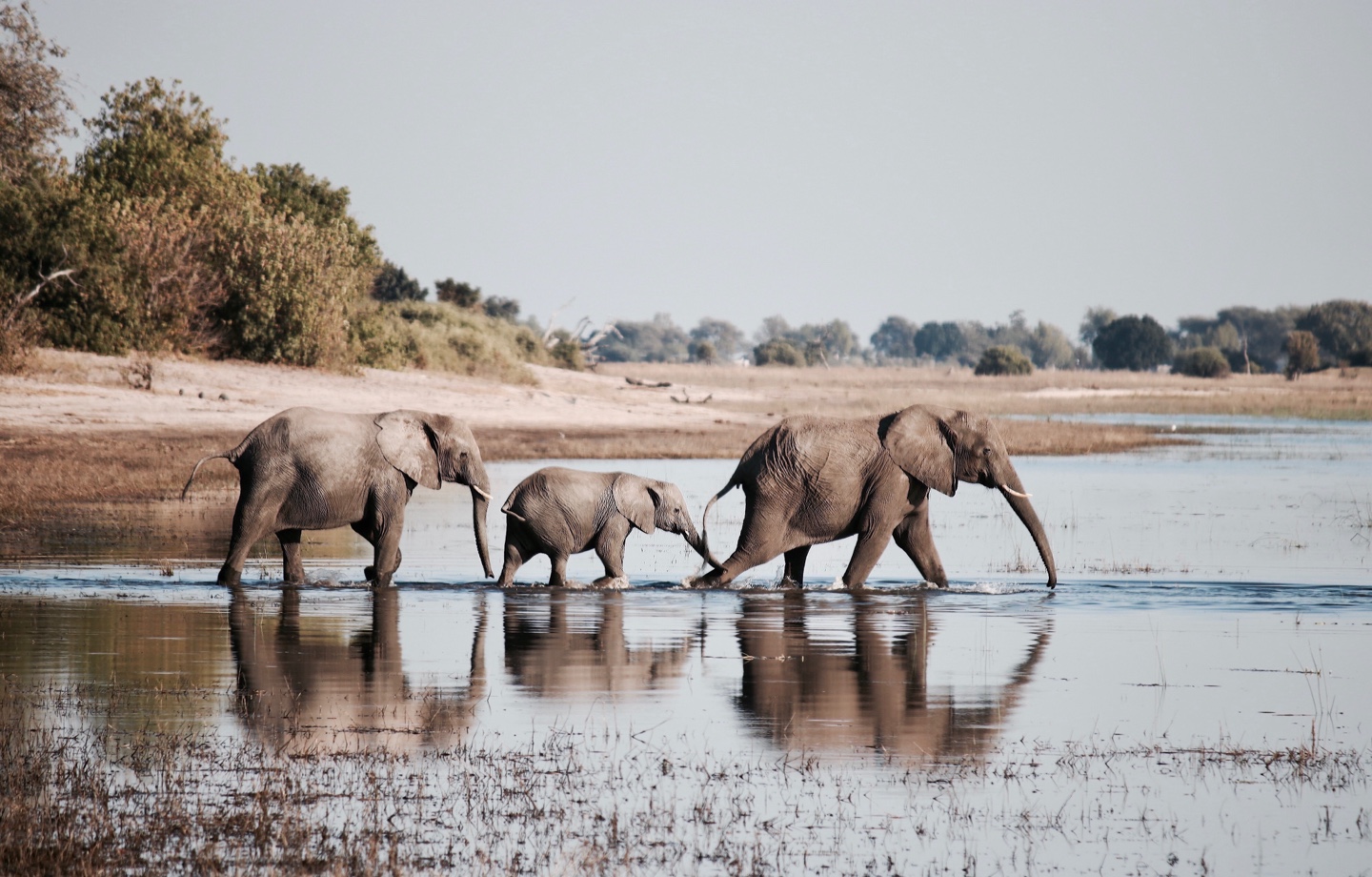Human interaction and wildlife exploitation is causing animals to evolve in ways that will impact species now and in the future.
It’s a mind-boggling picture. A large percentage of female African elephants are now born without tusks. The reason? Exploitation.
Elephants’ gleaming tusks are their calling card in the animal world — an evolutionary advantage that serves as an extra defense mechanism and a tool. Traditionally, elephants have used their tusks to dig, gather food, strip bark from trees, and defend themselves against predators. But because ivory hunting and poaching are so prevalent, elephants are adapting; now, tusks are (in some locations) seen as an evolutionary disadvantage. Elephants without tusks are more likely to survive in the wild.
In 2021, lead researcher Christopher Schell published a study about how human ivory poaching had changed the predominant traits being passed down to elephants, noting that our growing cities mean more human-wildlife encounters — even beyond tusk poaching. Some of these human-animal encounters are positive, or at least net-neutral. But others, like hunting, can have a negative impact on the species for years to come — which we’re seeing in these animals’ genetics. There’s also the risk of disease transmission from animals to humans, injuries to humans and animals, and even extinction.

Read more: The Sixth Extinction Is a Threat to All of Us — Here’s How You Can Help
The change happening in elephants is similar to what scientists have seen in other aggressively hunted animals, like fish and big-horn sheep. The traits that cause us to hunt certain animals increase their risk of death, so species evolve to eliminate those traits as a means of survival.
“Excessively-high rates of hunting for individuals of a species with the biggest horns, or fishing for the biggest individuals of a species, results in selection for individuals that do not have those traits,” says Robin Naidoo, senior conservation scientist for World Wildlife Fund U.S. “[This] reduces the frequency of individuals in a species who possess the very traits that people desire.”
In Canada, bighorn sheep horns have dropped in size by 20 percent over 20 years due to poaching and hunting. City-based songbirds have evolved to adjust their spectral frequencies — which help them execute mating strategies — in response to traffic noise. In San Diego, the dark-eyed junco, a common sparrow, has stopped producing its classic white tail feathers. The advantage of white tails for sexual signaling in the wild is not present in cities; there, white feathers make them more obvious to predators. Plus, less competition for a mate in the city means white feathers have become a thing of the past.
“It is imperative that evolutionary biologists work with urban planners, wildlife practitioners, social scientists, and policymakers create holistic efforts leveraging the strengths of our communities to benefit all organisms in an increasingly urbanizing world.”
As Naidoo notes, there is also concern that removing the largest fish from the population, which occurs often during cases of overfishing, could change long-term breeding patterns for fish. Some experts report that even if we stop overfishing, we would not see the fish population bounce back to its previous strength because of the evolutionary changes caused by choosing to kill certain fish while others are thrown back. In this case, it’s the less-hearty that survive.

Read more: Climate Change Is Causing Animal Species to Shrink
In elephants, impacts could be even greater. If the tuskless genetic adaptation is passed down to a male elephant, he dies; only females can survive this change. And if elephant populations have too few males, extinction is more likely. Tuskless elephants will experience behavior changes, too, like eating different plants and building their habitats differently when they no longer have tusks to help them.
“Because elephants are keystone species, changes in their diet can change the whole landscape,” wrote Robert Pringle, a biologist at Princeton and co-author of the study examining ivory poaching’s evolutionary impact on elephants.
Naidoo says we must remember that in interacting with animals, we are shaping their evolutionary trajectories — and it may not be advantageous to them.
“It is imperative that evolutionary biologists work with urban planners, wildlife practitioners, social scientists, and policymakers create holistic efforts leveraging the strengths of our communities to benefit all organisms in an increasingly urbanizing world,” the authors of the study concluded.
And Chris Darimont, a conservation scientist in Canada summed it up best in his comment to Nature: “This [story of tuskless elephants] is a wake-up call in terms of coming to grips with humans as a dominant evolutionary force on the planet.”

Read more: Old-Growth Forests Are Declining — Here’s Why That’s So Devastating
Have feedback on our story? Email [email protected] to let us know what you think!

Shop Pillows
The Essential Organic Pillow Collection
Gentle, breathable, non-toxic support.





